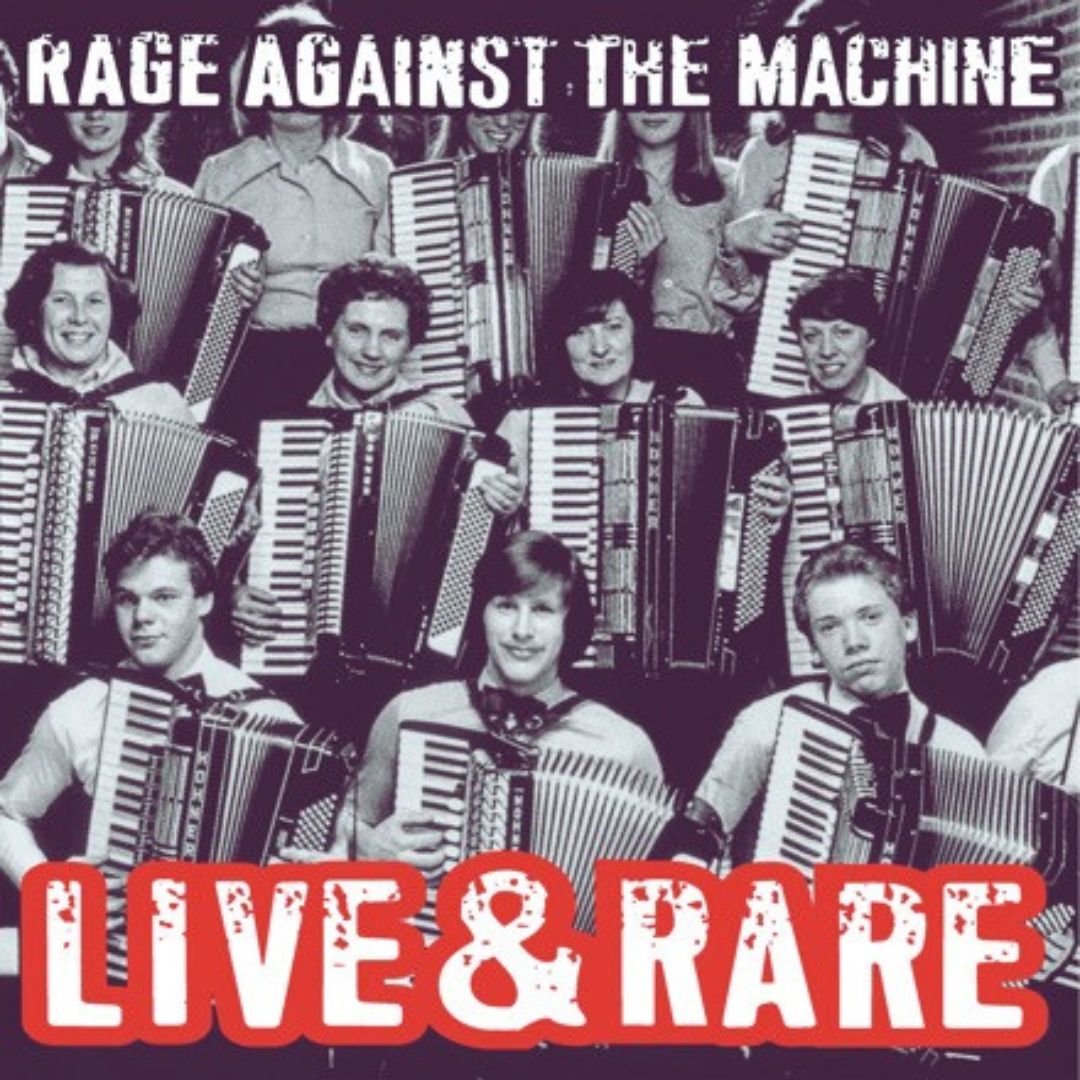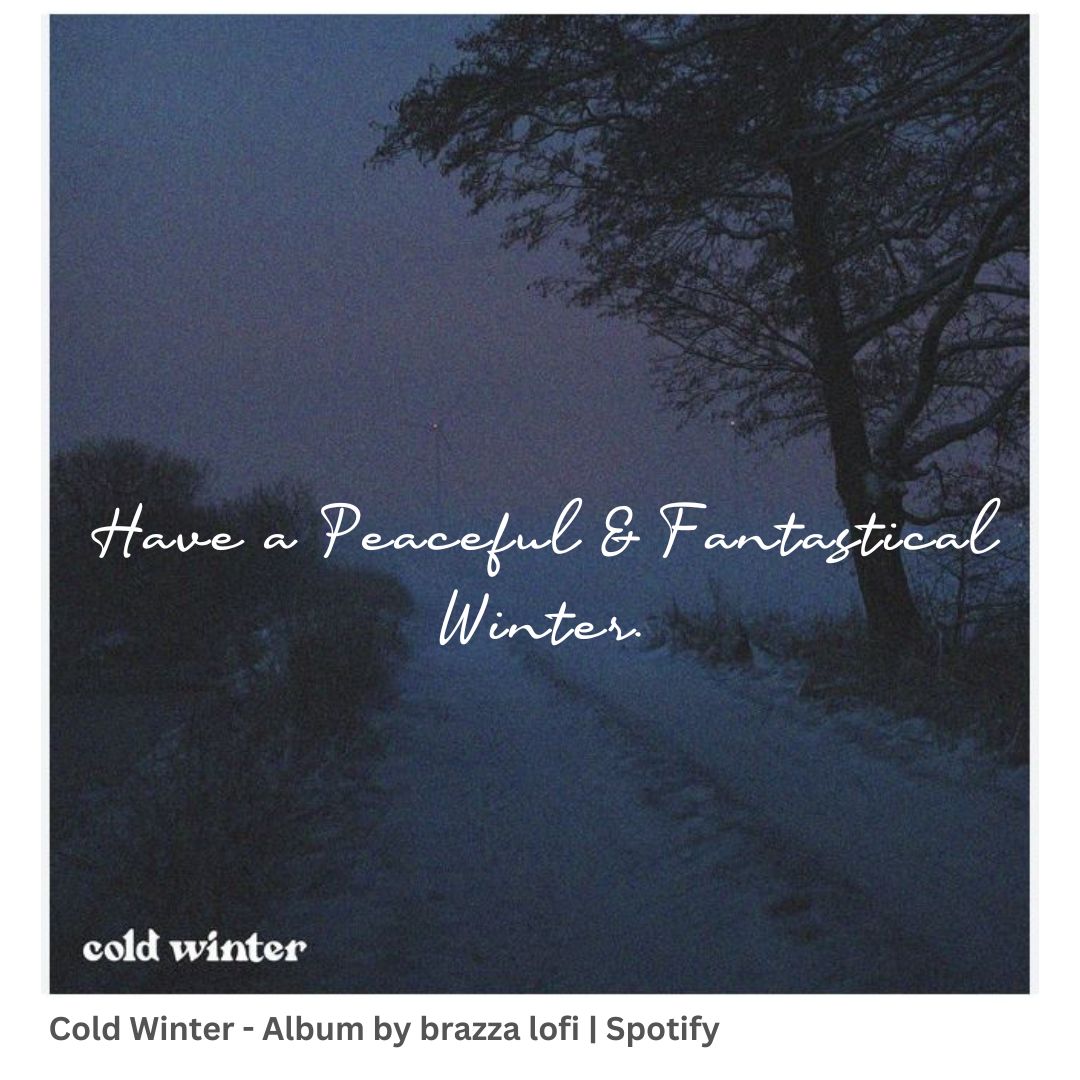
I dedicate this post to the protagonists of “The Wrythe and the Reckoning,” keep shining Lina, and to all the writers who work hard to make a fine product. Murder on a book is murder on its characters and the story. In the story of The Wrythe and the Reckoning, there’s plenteous value therein, but unfortunately, it’s being stifled. Like I said on Twitter and elsewhere to writers, beware of the bad apple reviewers (a.k.a. the trolls) #shadyreviewers. The purpose of the following message is to state officially what it is that happened to me and my novel, “The Wrythe and the Reckoning,” for anyone who’s interested in knowing. Be sure to also visit http://www.goodreadsucks.com. To read about similar experiences from other authors, Google search also “good reads trolls”.
Basically, GoodReads allows reviewers to upload any book that’s not theirs, and is either available as an ARC or an official publication. Another readers’ platform is NetGalley. NetGalley was designed to help authors garner interest for their book from the readers who are on the platform. It wasn’t designed to hurt authors, but it’s sometimes utilized to do exactly that. This is nothing against NetGalley itself. I think overall that it’s a valuable program. So, I posted the ARC version of my book on NetGalley, not fully edited, but expecting that if I posted a note at the top of the ARC novel and also at the end of it, basically stating that it’s not the final version and thus there are errors, the reviewers would take that into consideration and understand. Meaning they wouldn’t review it like it’s the completed version. The ethical thing to do after having read the warnings, that the book isn’t a completed version, would have been to not berate the novel outside of the Netgalley platform, such as on GoodReads, and on a blog, as one reviewer did. You can see all the NetGalley reviews here, for The Wrythe and the Reckoning, including the 4 and 5-star reviews https://www.netgalley.com/catalog/book/155832.
ARCs sometimes contain errors, that’s not unusual. Google the word “galley proofs” (hmm, “NetGalley”, familiar?). This is what Wikipedia says in regards to ARCs , “They may be marked or stamped on the cover “uncorrected proof”, but the recipient is not expected to proofread them, merely to overlook any minor errors of typesetting. Galley proofs in electronic form are rarely used as advance reading copies due to the possibility of a recipient editing the proof and issuing it as their own. However, trusted colleagues are occasionally offered electronic advance reading copies, especially if the publisher wishes to quickly typeset a page or two of “advance praise” notices within the book itself.” https://en.wikipedia.org/wiki/Galley_proof. So, again, the ethical thing to do would have been to not post the low-rating of an ARC book onto a major readers’ platform such as GoodReads.
Okay, due to having been rushed to post my ARC novel, because of the deadlines of my schedule, I also didn’t include the entire story in the ARC version. However, the ARC novel was a 400-page book. So, readers weren’t just reading a short story. The book ended on a profound cliffhanger, on a climax of the tale. Imagine a soap opera and how an episode ends (always on a cliffhanger). That’s how my ARC book ended. (Those who read it know what I’m referring to.) Ending a book on a cliffhanger is not unusual even for officially published books, especially those that are part of a series. So, I did this with my ARC novel, and I have no regrets for having done so. Again, the book was 400 pages long, so there was plenty of content. The thing is the official novel is about 800 pages long. So, imagine how much more there is to the story after that cliffhanger.
After posting my ARC novel onto NetGalley, I finished editing the remainder of the story, just as I had planned to. After a few months, I finally completed the book. Even though the official novel doesn’t end on a cliffhanger, and it’s complete and edited fully, there is a second book in the series. The reason for the second book is that the entire tale is an epic story. So, having disregarded the warnings that the ARC book is incomplete and has errors, two reviewers unjustifiably and with lies gave the book the lowest rating and then posted it onto Goodreads for readers on that platform to see. Again, due to the warnings, the ethical thing to do would have been to keep the reviews on NetGalley.
However, the low rating isn’t what bothered me so, as I had received several 4 and 5-star reviews for the book. Those two reviewers lied in their reviews, partly because otherwise they wouldn’t have had enough content to convince those reading their reviews. The reason I know they lied is because I wrote the book. One of them said that when the characters got to Boston, nothing happened. I couldn’t believe what I was reading when I saw her review. I had to reread it, and I think I actually laughed a little at the outright lie. The story is set mostly in Boston, and tons of things happen as the story unfolds. She also said that the feminism in the novel never takes off. Another lie, because it does actually take off and anyone who actually read the book and knows the history of that time period knows that it did.
The other reviewer said that it’s a book only for younger kids, and recommended it for 12-16-year-olds, or something like that. It’s in fact for teens and young adults, and also adults, and if she had actually read the book, she would know that it deals with heavy topics including slavery and abolition. The book is set in the mid-1800s. So, imagine the hardships of that time period. Those hardships are included in the novel, which is part of the reason why it’s educational.
It’s not hard to tell when someone lies about your book. It’s like when teachers used to give us book report assignments in school, and they would know by how we wrote about the book, whether we actually read it or not (before book summaries were available online). This was the case with these two particular reviewers. I could tell that they hadn’t read the book enough to post a review about it, and I stated that in my own comment under the book, not even directly as a reply in their reviews, but a separate comment entirely. I was basically trying to do damage control by letting potential readers know that the book is actually awesome and has received great reviews on NetGalley. (That was for the ARC book.) So, I defended my story against the lying reviews.
Then, my official book was published on December 4th, 2019, just recently. Soon after it was on Amazon, I contacted GoodReads Support requesting that the ARC version of my book be removed from the database so that I can upload the official novel. I was told that it’s against their policy to delete any books from their system. I was further told that what they can instead do is label the official publication as being a “2nd edition”. However, on any other book site, it’s going to be considered a “1st edition”, because that’s technically what it is. This means also that any bad reviews, lying reviews included, that were attached to my ARC novel are now also attached to the official publication. Like I said before, I had made comments on my ARC book’s page, telling the potential readers to ignore the lying reviews and read the book for themselves. Again, the problem wasn’t the low ratings. It was the lies told by two of the reviewers. There were a few other low ratings for the ARC book, and I didn’t complain about those, because they seemed genuine, it was just their opinion, not mere lies.
So, at this time, my official novel is published, and I’m having trouble with setting up an author account, because someone without my permission had uploaded my ARC book, and the ISBN number was still attached to it. As directed to do so on the GoodReads “setting up an author account” info page, I made a post on the librarians’ group board, requesting help regarding having trouble with uploading the official novel. That’s when several of them (trolls) went to my ARC book’s page and saw the comments that I had posted there several months prior. They got so offended by it, and all I had done at the time was to rightfully defend my future publication (the official version of the book), against the lying reviews from the two individuals, basically encouraging potential readers to not be discouraged by the falsified reviews. So, the bad apple reviewers just about lost it. They went after me on GoodReads. Then, they went after me on Twitter. It’s as though they were like how dare you complain about any review you’re given on GoodReads? That about sums it up, as can be seen in just about every tweet they hurled at me on Twitter and continue to do so, as of writing this post (@yvonthialeland on Twitter). It’s as though their desire for power and absolute control was somehow crushed at seeing my comments posted there in defense of my soon-to-be publication. Are we authors just supposed to take abuse with a smile and keep quiet? According to them, we are. This behavior of theirs is appalling, and it has indicated to me that any reviewer can say whatever lie they want to say about a book, and authors aren’t allowed to defend their work of art against those lies. If they do, the bad apples attack.
So, they’ve attacked me and my book on GoodReads, with plenty of lying reviews as expected, and from there, they’ve brought their lies over to Amazon. There’s a major problem with all this, and all I can say is it’s awfully bad for business. And how do I know their reviews are lies? Again, it’s because I wrote the damn book, and thus, I know what’s in it. Imagine purposely trying to make the funny parts of your book funny, the romantic parts romantic, the endearing parts endearing, the meaningful parts meaningful, and spending an ample amount of time (including losing sleep) doing precisely that. You’re finally happy with the book and you publish it. Then, you go over to a review site, and the bad apple reviewers are saying it’s not romantic, it’s boring, blah blah blah. It’s disgusting to read. I purposely wrote the book to be read and enjoyed by teens and young adults, and also by older adults. It’s a literary novel and educational, and it also has a profound romantic subplot. I know what I wrote, and it took me five years to complete the book because of all the effort I was putting into it in trying to make it as awesome as possible.
Writing and editing is hard work. That’s why when authors write a gem, and they know it’s a gem, they get quite upset when others lie about their books. If a reviewer is going to review a book, they should first read it in its entirety. Don’t skim-read chapter one and a little of chapter whatever and then pretend to write a “thorough” review for the book. That’s downright unethical. You will have missed most of the story, and you absolutely won’t know any of the characters. How can you possibly know the characters or the profound moments of a story when you’ve skim-read and skipped several of the pages? Also, in their reviews on Amazon, their favorite thing to say is “there are lots of errors and an overuse of commas”. Are there really? Prove it! Where is the quote, and on what page? The truth is, the editing of the book is superb with an “A” grade for every chapter. That’s why you don’t see them posting quotes and page numbers to back up their claims that the book has lots of errors and an overuse of commas. Also, they may claim at some point that I uploaded an updated version of the book on Amazon after having corrected the pretend “errors”. Nope. I’ve uploaded only one version onto Amazon, the original, the official completed novel. There’s been no reason to upload another one.
By the way, I’m not the only author the bad apple reviewers have done this to. Search “Dylan Saccoccio.” Look at the reviews for his book “The Boy and the Peddler” on GoodReads: https://www.goodreads.com/author/show/8146489.Dylan_Saccoccio. Then, go over to Amazon and look at the 1-star reviews. https://www.amazon.com/Boy-Peddler-Death-Tale-Onora/dp/B00YK74IN4/ref=sr_1_1?keywords=the+boy+and+the+peddler&qid=1576605980&sr=8-1. Does something look familiar? This is what they do to authors who stand up for themselves against their lying reviews. Notice also on Amazon the contradiction of high reviews and 1-star reviews for Saccoccio’s book. It’s as though at some point, real readers (not moles/trolls) began reading his book and found that it was actually an enjoyable read and also well-written, all to the contrary of what the corrupt reviewers had said. This is a clear indication that those who gave the 1-star reviews for the book were downright lying. Still don’t believe me, take a look at the research on the following site, regarding this very topic and several other findings about the bad apple reviewers: http://goodreadsucks.com/. I was shocked to find that what the website’s author had explained on the pages was precisely my experience. She proved my point exactly—that there are bad apple reviewers on GoodReads, and thus reviewers who are unethical.
What I hope from this point forward is that GoodReads increases its standards, so there are few to no bad apple reviewers on its platform. Also, if an author asks for their ARC book to be removed from the database, it should be done so. That should be an author’s right. In addition, authors and reviewers should have equal power on the platform. Thus, there should at least be a public place (with a link on the book’s landing page leading to it) where authors can defend the value of their books, and the potential readers can read the author’s comments without being attacked by reviewers. In conclusion, all the reviewers must have rules, and the authors must have sufficient control over their own books and be allowed to speak in defense of them. Otherwise, it’s not, in actuality, a credible and reliable platform. Being that writing stories is one of my favorite hobbies and art forms, I’ve already moved forward from this chaos and plan to publish Book 2 of “The Wrythe and the Reckoning Saga” in the fall season of 2020.
If you dare to read my fabulous novel, “The Wrythe and the Reckoning,” regardless of the lying reviews that discourage readers not to read it, you can find it on Amazon at https://www.amazon.com/dp/B082DKMN84.
More Info:
– “The Bullies of Goodreads”
https://blog.nathanbransford.com/2013/09/the-bullies-of-goodreads
– “Why I Hate Goodreads.com”
https://kswriterteacher.wordpress.com/2015/02/22/why-i-hate-goodreads-com/
– “Almost Everything About Goodreads Is Broken”
https://onezero.medium.com/almost-everything-about-goodreads-is-broken-662e424244d5
– “Goodreads Trolls getting you down? my personal story, but also a solution!”
https://readthebloodybook.com/2015/06/22/goodreads-trolls-getting-you-down-my-personal-story-but-also-a-solution/


